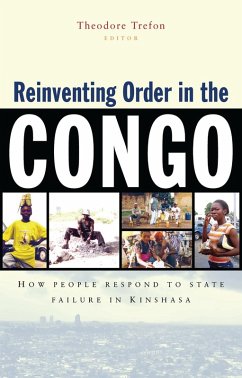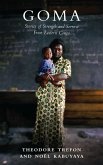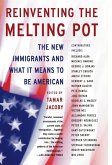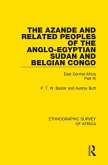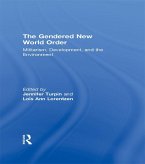Kinshasa is sub-Saharan Africa's second largest city. The seven million Congolese who live there have a rich reputation for the courageous and innovative ways in which they survive in a harsh urban environment. They have created new social institutions, practices, networks and ways of living to deal with the collapse of public provision and a malfunctioning political system.
This book describes how ordinary people, in the absence of formal sector jobs, hustle for a modest living; the famous 'bargaining' system ordinary Kinois have developed; and how they access food, water supplies, health and education. The NGO-ization of service provision is analysed, as is the quite rare incidence of urban riots. The contributors also look at popular discourses, including street rumor, witchcraft, and attitudes to 'big men' such as musicians and preachers. This is urban sociology at its best - richly empirical, unjargonized, descriptive of the lives of ordinary people, and weaving into its analysis how they see and experience life.
This book describes how ordinary people, in the absence of formal sector jobs, hustle for a modest living; the famous 'bargaining' system ordinary Kinois have developed; and how they access food, water supplies, health and education. The NGO-ization of service provision is analysed, as is the quite rare incidence of urban riots. The contributors also look at popular discourses, including street rumor, witchcraft, and attitudes to 'big men' such as musicians and preachers. This is urban sociology at its best - richly empirical, unjargonized, descriptive of the lives of ordinary people, and weaving into its analysis how they see and experience life.

